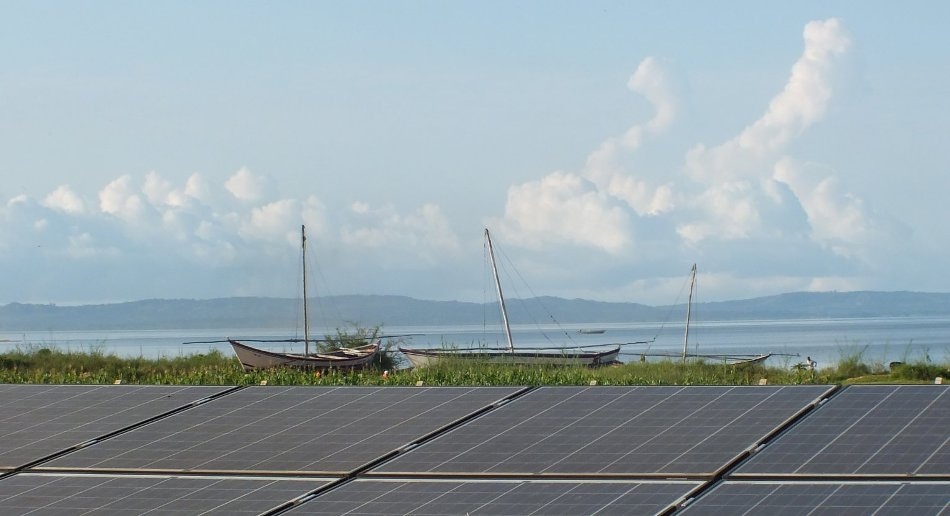RP Global, an independent renewable energy developer and majority shareholder of JUMEME Rural Power Supply Ltd., announced today that construction of the first phase of its ambitious solar-hybrid mini-grid project in Tanzania was in progress. In this first scaling phase, 11 new mini-grids are currently being constructed to bring 24/7 electricity supply to a population of more than 80,000 people. Built on a cluster of islands in Lake Victoria, these independent solar-hybrid mini-grids, equipped with battery storage technology, will electrify 20 villages. This project was enabled by the European Union, who provided co-financing through the ACP- EU Energy Facility. Commissioning is scheduled to take place in June of this year.

In the upcoming second scaling phase of the project, JUMEME aims to build up to 11 more mini-grids to electrify 23 additional villages, bringing energy services to a population of over 160,000 people. This project extension is well underway, with consents and permits already secured and preparations for the implementation taking place.
Leo Schiefermüller, Director of RP Global Africa, commented on the development conditions in the country: “Besides the existing legal framework and the favourable solar resources, our decision to invest in Tanzania is a direct consequence of the low electrification rate in the country. Solar hybrid mini-grids are the least-cost electrification option, especially in rural areas and the pay-as-you-go business model of JUMEME makes electricity consumption for the customer affordable.”
Apart from the obvious improvement of living conditions, bringing power to these off-grid communities will set a full virtuous circle in motion; JUMEME’s first mini-grid system, which is in operation since early 2016 confirms the great potential for increased rural economic growth when clean energy starts powering people’s lives and business ventures. This is especially true for women, who are provided with new means to gain economic independence by founding electricity-reliant businesses, such as hair salons or bakeries. In addition, access to electricity will enable the installation of irrigation systems and water pumps, thereby reducing the adverse impact of draughts. It will also improve the production of food and its storage.
“Many of the remote communities in Tanzania are still without access to electricity. So far, our regions of operation show some of the lowest rural electrifications rates in Tanzania, ranging between 3% - 5%. In these areas, the population is widely dispersed across numerous distant villages and small towns making it hard to connect them through the national grid. By 2023, JUMEME could supply high quality and reliable electricity to 1 million Tanzanians, making this company the largest mini-grid operator in Sub-Sahara Africa, if the political and regulatory situation improves for investors” concluded Schiefermüller.
The JUMEME venture was made possible through financial support from the European Union under the ACP-EU Energy Facility, and REA, Tanzania’s Rural Energy Agency.